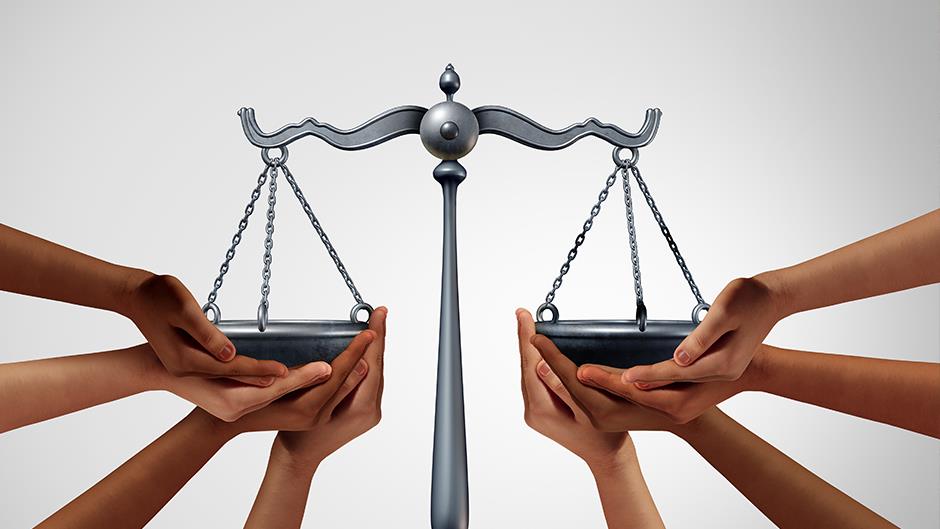
The Birth of MUSA
July 1, 2020
Voters must restore Ethical & Capable Local Government
August 7, 2023What is socio-economic injustice?

To best understand the concept of socio-economic injustice it needs to be analysed through its composite terms. These are socioeconomics, social inequality and economic inequality.
Socioeconomics is determined by education, employment, income and health. Depending on the level that one enjoys these, comes the determination of one’s social status, class and circle. When economic differences get emphasised, they lead to social inequality.
Social inequality becomes observable when and where disparities in the distribution and the utilisation of economic assets and income exist. Both of these result in the overall quality of each person’s existence within society. Social inequality is perpetuated in various, broad and far-reaching ways through society’s understanding of gender roles, social stereotypes, race, ethnicity, religion, class and geography, making the concept of social inequality a global phenomenon. Social inequality can also be established through discriminatory legislation.
Economic inequality is caused by the unfair accumulation of wealth. This is where socioeconomic injustice begins. Social inequality and economic inequality creates a loop wherein social inequality feeds the narrative that certain individuals deserve less and their economic inequality is seen as evidence of the “fact”. Lack of wealth invariably prohibits people from obtaining the same opportunities as those that have it. The cycle continues as social and economic inequality and injustice thrive. Both feed fatter due to racial, gender, and wealth inequality which means that socialisation through race, sex and other forms of discrimination causes a trickle-down effect that determines the opportunity and wealth creation ability of individuals and communities.
The understanding provided leads to the assumption that the economic privilege afforded by those on the benefiting side of the current economic paradigm is sustained by the presence of inequality and discrimination. It also highlights the possible solution provided by addressing the existing social fragmentation in an attempt to build the capacity within those disadvantaged by the economic climate. It may be assumed that through the attainment of social unity then the collective group will have the impetus to effect greater economic change in their favour.
– By Mu-Aalima Amyna Fakude
